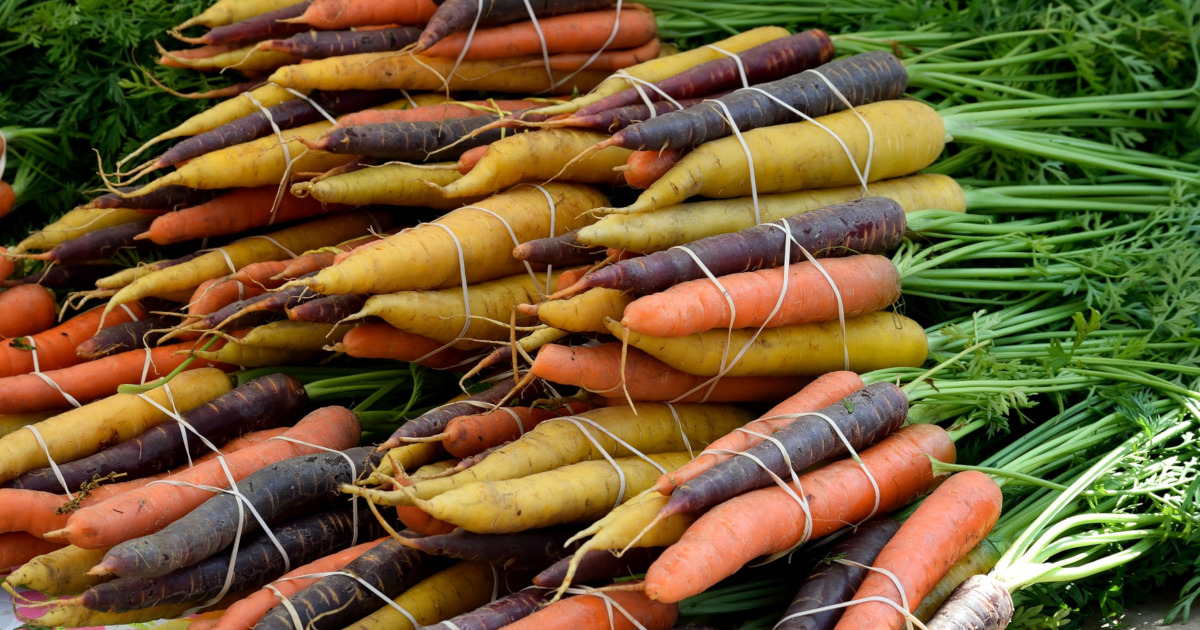
Can Small-Scale Farming Feed the World?
The so-called Green Revolution was a temporary patch on a much larger food-system crisis. If anything, the industrial farming explosion in the 1970s, which implemented new labour-saving technologies like combine harvesters, high-yield seed varieties, and consolidation of farmland to increase global food production, seems to have done more harm than good.
April 1, 2023 | Source: ethical.net | by
In the 1970s, environmentalists and politicians in the imperial core quivered in their seats at the prospect of a population explosion. Malthusian prophecies of total collapse and Thanos-esque proposals of racial extermination pervaded political thought. For many, it seemed the end of the world was at our door, and one of the main worries was that food production wouldn’t be able to support the billions of mouths that would be born in the coming decades.
But then the Green Revolution happened, and everything was supposedly better. Labour-saving technology and fossil fuel-laden chemicals pulled the world back from the precipice of famine and death. At least, that’s the dominant narrative pushed since the 1970s.
Today, though, we’re going to deconstruct this story about industrial farming, and answer a nagging question: can small-scale regenerative farming feed the world?
The Problem with Industrial Agriculture
The so-called Green Revolution was a temporary patch on a much larger food-system crisis.
